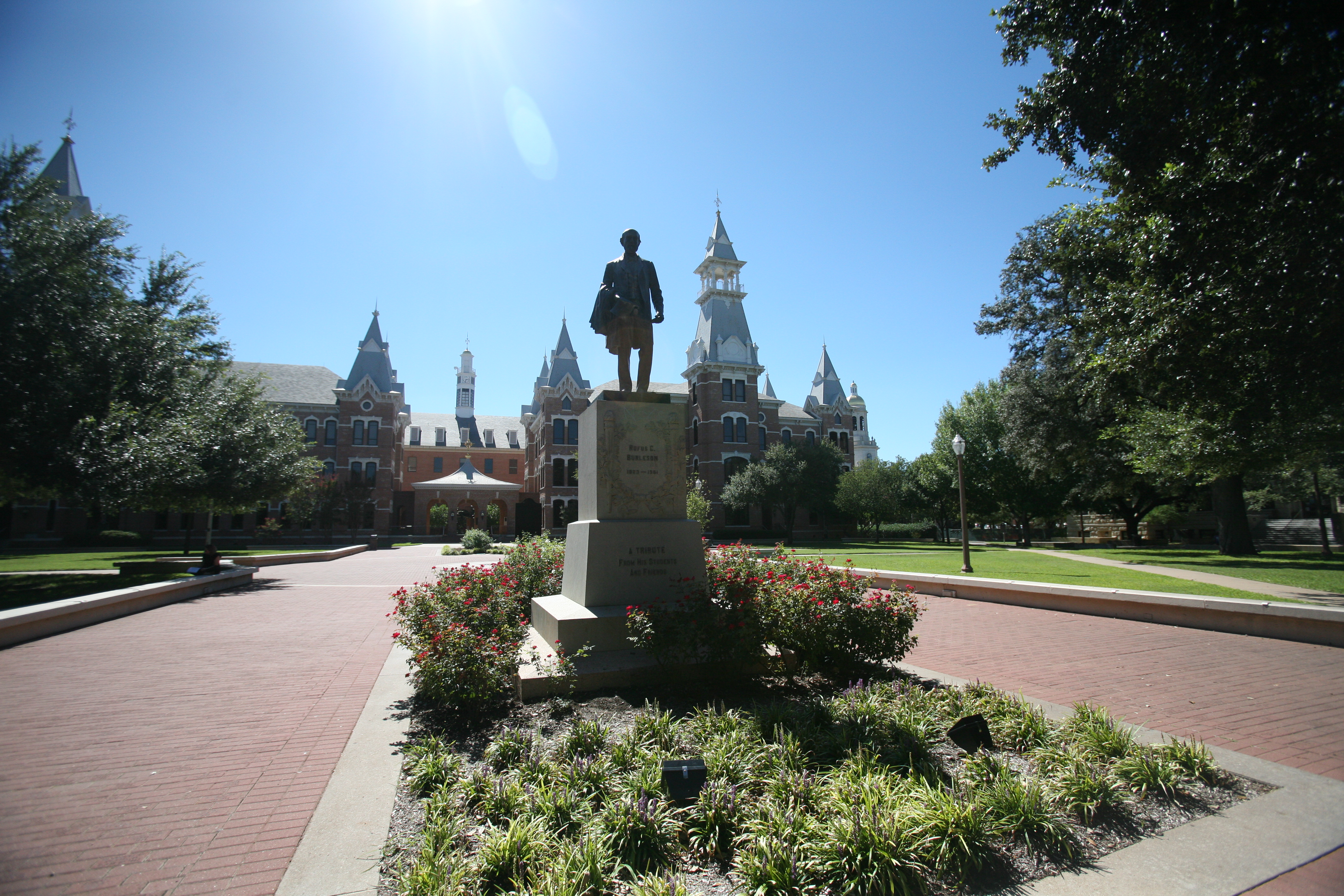Want to Improve Customer Service and Reduce Turnover? Hire Servant Leaders

Follow us on Twitter: @BaylorUMediaCom
Media contact: Frank Raczkiewicz , (254) 710-1964
WACO, Texas (April 2, 2013) - Businesses that want to provide better customer service and decrease employee turnover may be wise to hire managers who have the attributes of servant leaders, according to a Baylor University study in the journal The Leadership Quarterly.
"Our study suggests that servant leaders create a work environment that promotes the virtue of serving others, and that their employees tend to want to remain and be more engaged in such a positive work environment," said Emily Hunter, Ph.D., assistant professor of marketing and entrepreneurship at Baylor University's Hankamer School of Business. She and Mitchell Neubert, Ph.D., associate professor of management and entrepreneurship and Chavanne Chair of Christian Ethics in Business, authored the study, along with co-authors at the University of Houston and University of Houston-Downtown.
Servant leaders put the interests of their employees before their own interests by helping them to grow and succeed in the work place. These leaders also tend to promote ethical behavior and create value for others outside the organization.
Servant leadership is increasingly popular among companies today. Many of Fortune Magazine's "100 Best Companies to Work for in America'' name servant leadership as a core company value.
To compete, organizations need their employees to be creative, collaborative and fully engaged in satisfying their customers. They must create an environment in which employees feel free and comfortable to help co-workers accomplish goals and satisfy customers, according to Neubert and Hunter.
"Retail owners and managers can benefit from recognizing that servant leadership behavior can contribute to lower turnover. More organizations may consider selecting for and cultivating servant leadership qualities among their managers," said Hunter. "Our results suggest an important role for personality testing in the selection, promotion, and placement of managers, particularly when organizations make servant leadership a strategic priority."
Perhaps surprisingly, the study also found that servant leaders in this organization were more likely to be introverts rather than extroverts. Managers who are introverts tend to be perceived as servant leaders because they don't mind working behind the scenes, and they don't have a need to draw attention to themselves.
"Introverts are more reserved in how they interact with other people and allow space for others in conversations," Neubert said. "Extroverts sometimes enjoy taking center stage and might dominate the conversation and direct the group to go in their direction. The introvert in this case is willing to listen. They are the ones more likely to be considered a servant leader along with those who are agreeable. You have to be agreeable to be a servant leader because a key aspect of being a servant is focusing on others' interests."
Data for the study came from a United States retail organization that includes servant leadership as a core value in its mission and practice. This organization operates more than 600 stores offering high-end apparel and personalized customer service. Each store has one store manager and nine employees, on average. The study surveyed employees in 224 stores, including 425 followers, 110 store managers, and 40 regional managers.
"As organizations continue to embrace the ideals of servant leadership, we encourage additional study so that managers and scholars alike may better understand why and how servant leadership affects employees and organizations," Hunter said.
ABOUT BAYLOR UNIVERSITY
Baylor University is a private Christian university and a nationally ranked research institution, characterized as having "high research activity" by the Carnegie Foundation for the Advancement of Teaching. The university provides a vibrant campus community for approximately 15,000 students by blending interdisciplinary research with an international reputation for educational excellence and a faculty commitment to teaching and scholarship. Chartered in 1845 by the Republic of Texas through the efforts of Baptist pioneers, Baylor is the oldest continually operating university in Texas. Located in Waco, Baylor welcomes students from all 50 states and more than 80 countries to study a broad range of degrees among its 11 nationally recognized academic divisions. Baylor sponsors 19 varsity athletic teams and is a founding member of the Big 12 Conference.
ABOUT HANKAMER SCHOOL OF BUSINESS
Baylor University's Hankamer School of Business provides a rigorous academic experience, consisting of classroom and hands-on learning, guided by Christian commitment and a global perspective. Recognized nationally for several programs, including Entrepreneurship and Accounting, the school offers 24 undergraduate and 13 graduate areas of study. Visit www.baylor.edu/business and follow on Twitter at www.twitter.com/Baylor_Business.